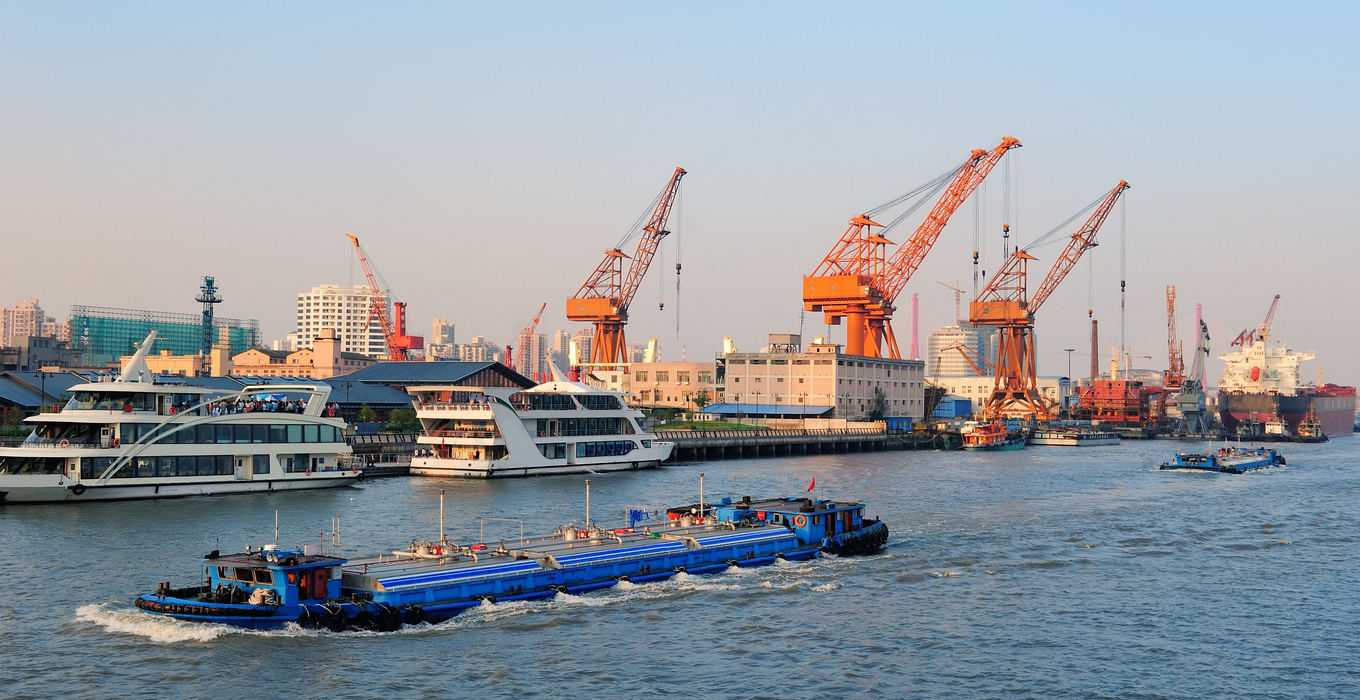

For maritime nations, ports or harbors are the lifeline of the nation’s economy. Ports are the gateway for goods and passengers to pass through to a country; thus, it is essential that a country like Indonesia to have a solid and clear regulatory basis to ensure ports are well-regulated. Under Article 1 Paragraph 16 of Law Number 17 of 2008 on Shipping (“Shipping Law"), a port is defined as follows:
“16. A Port is an area consisting of land and/or water with certain boundaries as the place for governmental activities and exploitation activities that is used as the place of docking for ships, embarking and disembarking of passengers, and/or loading and unloading of goods, which take the form of the terminal and the place of docking for ships equipped with shipping safety and security facilities and port support activities and as the transfer place of intramodal and intermodal transportation.”
As a component of a port, a terminal serves as an important facility in the operation of a port. The importance of a terminal cannot be understated, and to support a business operation, it is not uncommon for some business entities to want to have their own terminal to support its operation. In this article, we will discuss special-purpose terminals further, provide a general overview, discuss the use of special-purpose terminals, and discuss the operation of special terminals.
Overview:
Under the Shipping Law, a terminal is defined under Article 1 paragraph (20) as follows:
“20. Terminal is a port facility consisting of a docking pool and the place for a ship to berth or moor, a stacking area, a place for waiting and embarking and disembarking of passengers, and/or loading and unloading goods.”
Whereas a special terminal is defined under Article 1 paragraph (21) as follows:
“21. Special-Purpose Terminal is a terminal located outside the port working area and port interest area which is a part of the nearest port to serve private interests in accordance with its principal activities.”
Under such definition, this means a special purpose terminal is a terminal located outside of the closest relevant port area that is still considered a part of said port but only serves the private needs of the relevant entity that constructs it.
A special purpose terminal is prohibited to be used for general or public purposes unless in the event of an emergency with the permission of the Minister of Transport[1].
In the event a special purpose terminal is no longer operated in accordance with the business license issued, then such terminal shall be (i) given to the central government, (ii) returned to its original state, or (iii) proposed for a change of status to become a special purpose terminal to support other main businesses or converted into a port[2].
The business license for the construction of the special purpose terminal shall be granted for a maximum period of 5 (five) years and may be extended for 2 (two) years. Such license can be revoked if the holder[3]:
It should be noted that the business licensing for the operation of the special purpose terminal may only be transferred if the main business is transferred to another party, such transfer must be reported to the Directorate General of Sea Transportation no later than 3 (three) months after the transfer is conducted[4].
Use of Special Terminal:
Under Article 102 of the Shipping Law, special-purpose terminals are constructed to support “certain activities.” Such certain activities are activities to support the main activities that are not served by the main port due to the nature of the goods or activities requiring a special type of service or due to the far distance of the port. The aforementioned main activities are, among others:
Thus, the use of the special terminal is closely related to the business activity of whatever entity constructs such a facility.
Operation:
Under Article 104 of the Shipping Law, a special-purpose terminal can only be constructed and operated on the following conditions:
The construction of said special purpose terminal is done by the special purpose terminal manager based on its business license, and the operation of such a terminal can only be performed after the business license is obtained[5]. Under Article 110 of the Government Regulation number 61 of 2009 on Ports, a Special Purpose Terminal shall be:
Thus, a special purpose terminal in actuality, although constructed to serve the entity that requires it, the overall management is still under the control of the relevant government authority.
Whereas the working area and authority area, as mentioned above, according to Article 6 paragraph (2) of the Minister of Transport Regulation number PM 52 of 2021, would be used for: